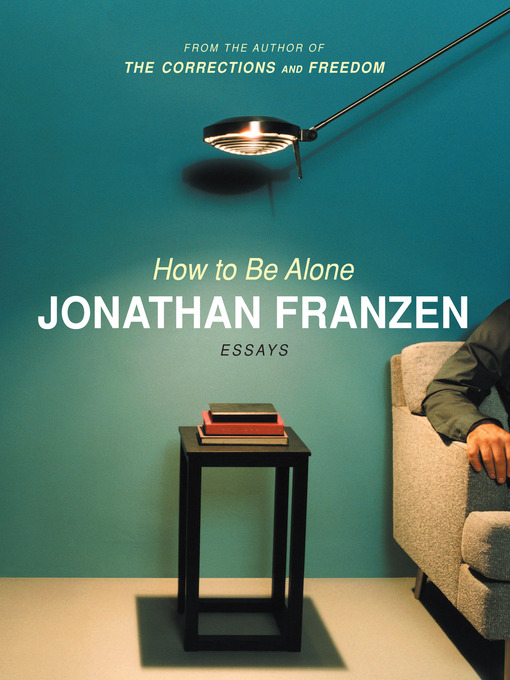

Most ebook files are in PDF format, so you can easily read them using various software such as Foxit Reader or directly on the Google Chrome browser.
Some ebook files are released by publishers in other formats such as .awz, .mobi, .epub, .fb2, etc. You may need to install specific software to read these formats on mobile/PC, such as Calibre.
Please read the tutorial at this link: https://ebookbell.com/faq
We offer FREE conversion to the popular formats you request; however, this may take some time. Therefore, right after payment, please email us, and we will try to provide the service as quickly as possible.
For some exceptional file formats or broken links (if any), please refrain from opening any disputes. Instead, email us first, and we will try to assist within a maximum of 6 hours.
EbookBell Team

5.0
80 reviewsPassionate, strong-minded nonfiction from the National Book Award-winning author of The Corrections
Jonathan Franzen's The Corrections was the best-loved and most-written-about novel of 2001. Nearly every in-depth review of it discussed what became known as "The Harper's Essay," Franzen's controversial 1996 investigation of the fate of the American novel. This essay is reprinted for the first time in How to be Alone, along with the personal essays and the dead-on reportage that earned Franzen a wide readership before the success of The Corrections. Although his subjects range from the sex-advice industry to the way a supermax prison works, each piece wrestles with familiar themes of Franzen's writing: the erosion of civic life and private dignity and the hidden persistence of loneliness in postmodern, imperial America. Recent pieces include a moving essay on his father's stuggle with Alzheimer's disease (which has already been reprinted around the world) and a rueful account of Franzen's brief tenure as an Oprah Winfrey author.
As a collection, these essays record what Franzen calls "a movement away from an angry and frightened isolation toward an acceptance - even a celebration - of being a reader and a writer." At the same time, they show the wry distrust of the claims of technology and psychology, the love-hate relationship with consumerism, and the subversive belief in the tragic shape of the individual life that help make Franzen one of our sharpest, toughest, and most entertaining social critics.